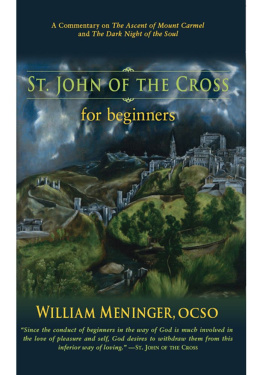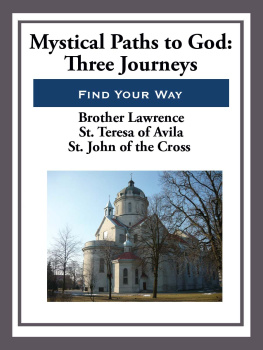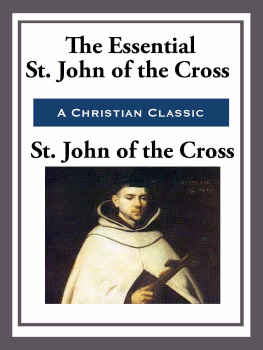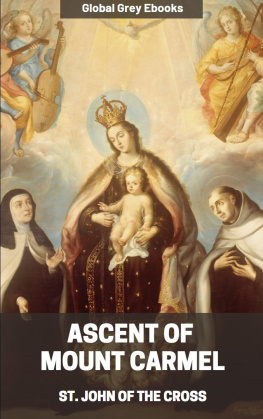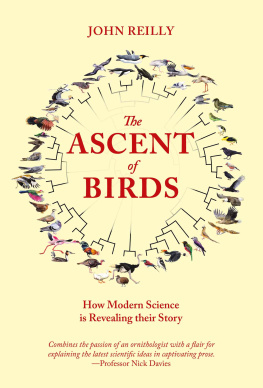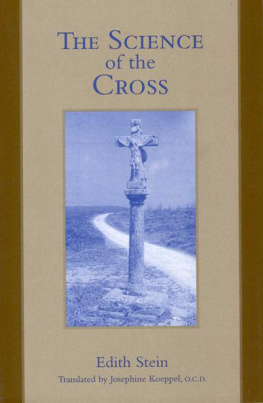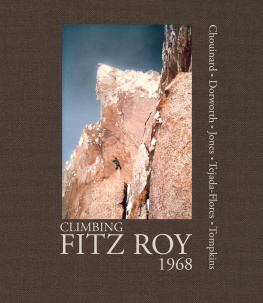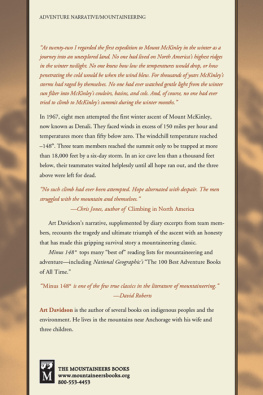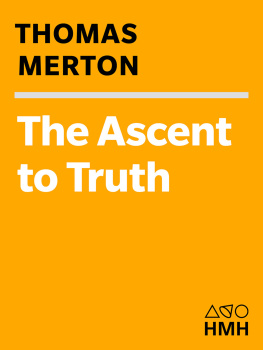ALSO BY WILLIAM MENINGER
Julian of Norwich: A Mystic for Today
(Lindisfarne Books, 2010)

2014
LANTERN BOOKS
128 Second Place, Brooklyn, NY 11231
www.lanternbooks.com
Copyright by William Meninger 2014
contemplativeprayer.net
The Ascent of Mount Carmel and The Dark Night of the Soul are paraphrased for this book by the author from several sources.
Cover and text design: William Jens Jensen
Cover image: View of Toledo by El Greco (15961600)
All rights reserved. No part of this book may be reproduced, stored in a retrieval system, or transmitted in any form or by any means, electronic, mechanical, photocopying, recording, or otherwise, without the written permission of Lantern Books.

LIBRARY OF CONGRESS CATALOGING-IN-PUBLICATION DATA
Meninger, William.
St. John of the Cross for beginners / William Meninger, OCSO.
pages cm
ISBN 978-1-59056-463-9 (pbk. : alk. paper) ISBN 978-1-59056-464-6 (ebook)
1. John of the Cross, Saint, 15421591. Noche oscura del alma. 2. MysticismCatholic Church. I. Title.
BV5082.3.J643M46 2014
248.2'2dc23
2014023721
Contents
Introduction
S t. John of the Cross, Juan de Ypes y Alvarez, was born in 1542 of Jewish ancestry, in the town of Fontiveros near Avila, Spain. He died, aged 49, in 1591. His father had married beneath himself and was disowned by his family. He and his wife supported themselves by weaving until he died when John was only seven. His mother, Catalina, took John and his brothers to Medina del Campo where she was able to eke out a living. One of John's brothers died soon after, probably of malnutrition. He received a rudimentary education at a poor children's school, later studying the humanities with the newly founded Jesuits while he worked with the poor. In 1563 he entered the Carmelite Order and one year later was sent to the prestigious University of Salamanca for studies. He was ordained a priest in 1567. Soon after that he met St. Teresa of Avila who persuaded him to join her in the reform of the Carmelites.
The success of the reformed Carmelites met with considerable opposition from the friars and nuns who had no desire for reform. The apostolic delegate and King Philip II favored the reform and John, who was very successful in working for it, was caught in the crossfires between them and his former superior. John was actually arrested by the unreformed friars and for nine months, until he escaped, enduring great suffering and privations. He was publicly flogged before the community once a week, was confined to a tiny cell with little light and was given a starvation diet. Strangely enough it was during this captivity that he produced some of his greatest poetry.
After his escape his time was chiefly taken up with the foundation and government of new monasteries. After the death of Teresa of Avila in 1582, he once again fell under the crossfires of opposing factions within the order, was deprived of his offices, and banished to one of the poorest monasteries of the order, where he fell seriously ill. He was granted literally the opportunity to follow his own advice to suffer and be despised. However, before his death, his sanctity was acknowledged even by his enemies, and his funeral was the occasion of great religious enthusiasm. He was canonized in 1726.
Like St. Teresa of Avila, St. John of the Cross seems to have found his inspiration for his teachings on mystical theology from his own experience. He knew the Scriptures by heart and was well versed in the teachings of St. Thomas Aquinas. However, there seems to be little influence from the great European and English mystical writers. In his Ascent of Mount Carmel, John of the Cross teaches, evidently from his own experience, that the soul must empty itself of itself in order to be filled with God. It must be purified through purgation and suffering from every trace of earthly dross in order to be fit for a blessed union with God. He reveals to the soul, seemingly complacently traveling along the road to union, a variety of imperfections of which it was completely ignorant. These must be eliminated by way of active purgations before the soul is then called to the Dark Night, a condition of heavy, passive, interior trials with their direct origin in God. The soul is now passive but not without its own role in embracing the divine mercies showered upon it, even though with much suffering. The soul emerges finally from the dark night and enters into the bright day of God's light, sharing in his divinity, as described in the Spiritual Canticle and the Living Flame of Love, neither of which is for beginners.
The Ascent of Mount Carmel: Book the First
The nature of the dark night and how necessary it is to pass through it to divine union, and especially the dark night of the sense and desire.
Prologue
T o explain the dark night through which the soul must pass in order to attain perfect union with God insofar as it is possible in this life, four things are necessary. One must have knowledge, experience, understanding of the Scriptures, and fidelity to the sound teachings of the church. Many souls, when they set out upon the spiritual journey and are graced by God to do so, make no progress. They must allow themselves to be led by God through a dark night of trials and aridity, temptations and hardships. They make no progress because they do not desire to enter into this dark night or because they do not understand themselves or because they lack competent spiritual directors to guide them.
Sadly, many souls who are called by God to a deep communion of love never achieve this. There is no one to show them the right path or to teach them how to go from the beginnings of the spiritual life into the darkness that must be traversed in order to experience the dawn of God's love. Inadequate spiritual directors actually hinder God's grace and at times, through their ignorance and poor advice, delay progress or prevent it altogether. They may even tell the soul under their care that they are suffering from a psychological issue, not a spiritual one, or that they simply have a morbid personality or some hidden sin that they do not wish to deal with.
Some people themselves are the cause of their problems. These are people who don't really know themselves, who lack the virtue of humility, that is knowledge of the truth about themselves. They think that by their own efforts they can make this journey toward union with God. They are like naughty children who, when they need to be carried, fuss and struggle to be allowed to walk on their own. As a result they make no progress or proceed at a child's pace.
This book is intended to show everybody, both beginners and proficients, how to commit themselves to God's guidance. They must allow God to lead them into that dark night and on that difficult and troublesome road to divine union. Too often people think that these necessary trials are due to their own fault and so they just increase their own difficulties. Sometimes, too, false directors, thinking that trials proceed from sin, crucify the soul afresh by making them re-examine their lives and make general confessions which are not suitable for the state they are in. They should really be encouraged and comforted to accept their condition until God is pleased to do otherwise with them.
With God's help, we will look at the signs that will tell us whether a soul is undergoing the dark night and whether it be the dark night of the sense or of the spirit, or some psychological problem or even some hidden sins. There are many other things on this road that may happen to those who follow it, both consolations and desolations, some coming from the guiding hands of God and others from our own imperfections. This book is not for souls who wish to travel toward God by pleasant and delightful ways. It will provide solid and substantial instruction for those who desire to pass through those detachments, both temporal and spiritual, which hinder their union with God.
Next page
